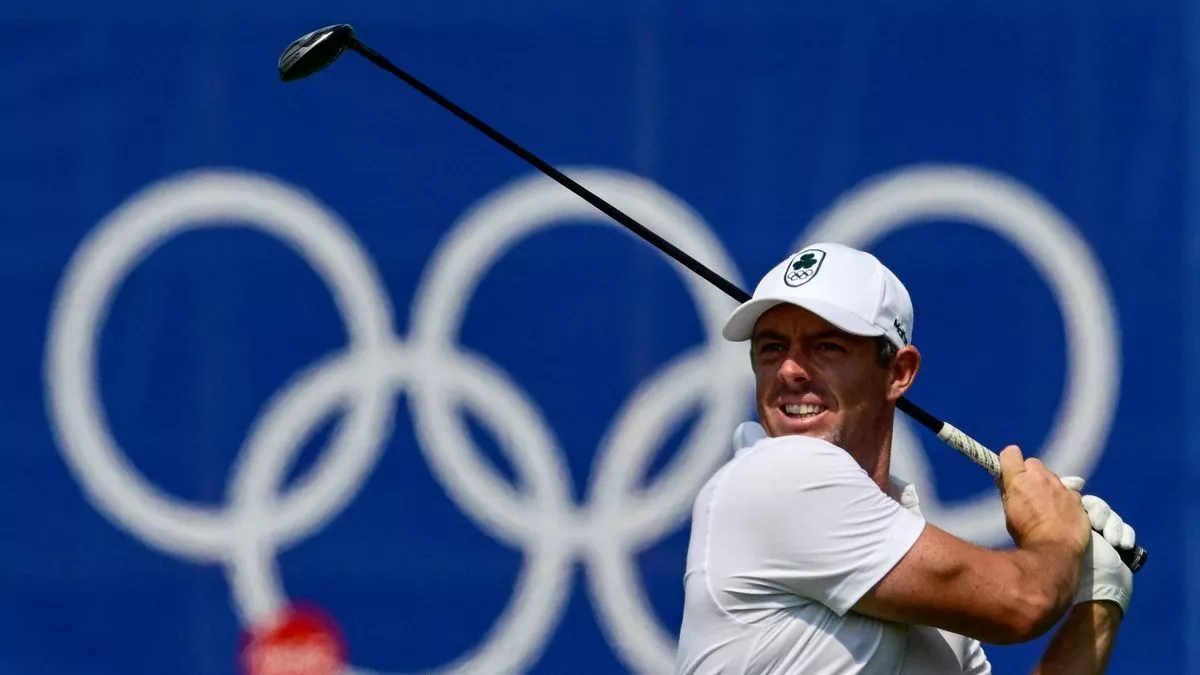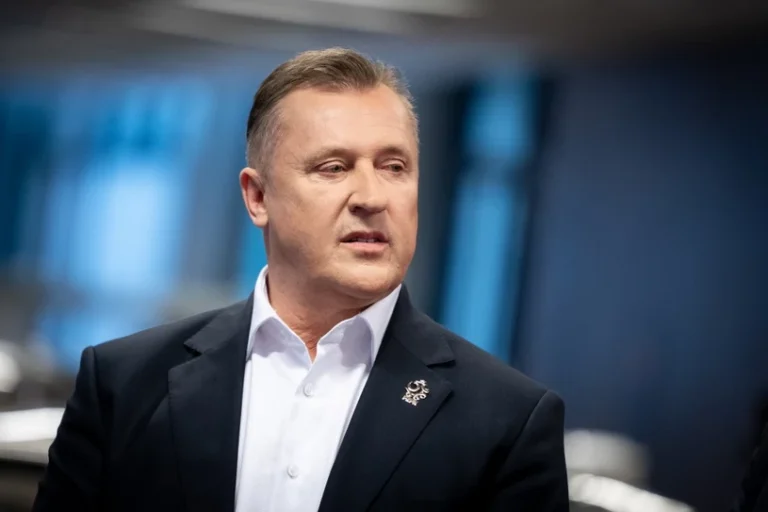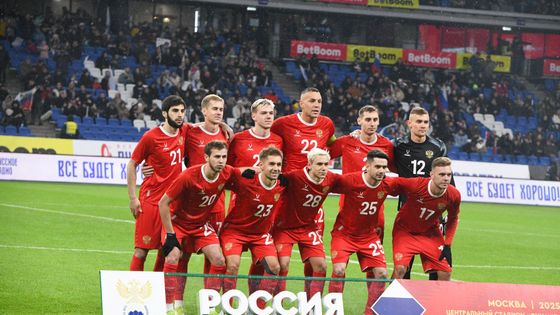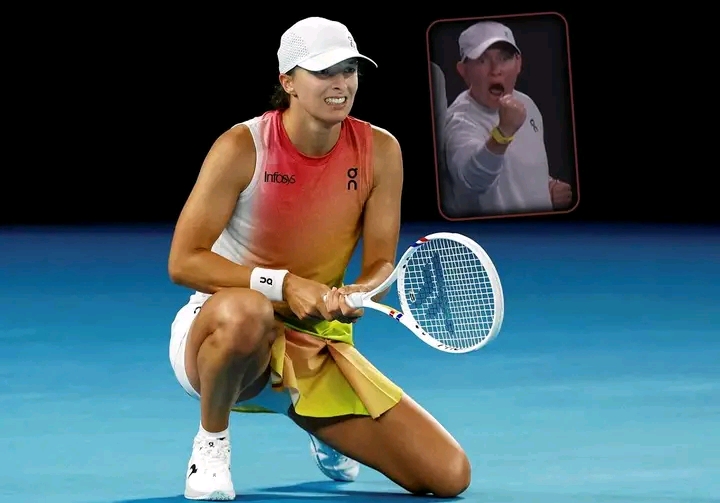Rory McIlroy sends warning to golf bosses at Olympics and says something must change
Rory McIlroy has expressed concerns about the potential clash between the 2028 Los Angeles Olympic Games and the golf calendar, highlighting that significant adjustments may be necessary. McIlroy, a prominent figure in professional golf, has voiced his apprehensions regarding the timing of the Olympics in relation to major golfing events, particularly the Open Championship.
The 2028 Olympic Games in Los Angeles are set to commence on Friday, July 14, which is coinciding with this year’s Wimbledon final. This scheduling presents a significant challenge for the golf calendar, as the Open Championship at Royal Troon is slated to begin on July 18, just a few days after the Olympics start. McIlroy’s concern is that the overlap could create a scheduling conflict that places undue pressure on players and disrupts the traditional golf calendar.
Since golf’s return to the Olympics in 2016, the sport has seen substantial growth and enthusiasm, as evidenced by the large crowds at Le Golf National during the first rounds. However, McIlroy is wary of the potential complications the 2028 Games could bring, particularly with regard to the crowded schedule of golf tournaments. He notes that while the Olympics in Los Angeles will pose more challenges than previous Games, the situation may evolve as the world of golf changes over the next few years.
McIlroy’s concern extends to the possibility of the Open Championship being rescheduled to accommodate the Olympics, but he suggests that such a move might be impractical due to the overlapping Wimbledon schedule. He points out that there are numerous golf tournaments packed into the calendar, and finding adequate space for all events is becoming increasingly difficult. McIlroy emphasizes that “something needs to give” in the golf schedule to avoid these conflicts.
Negotiations are currently underway between the PGA and DP World Tours, as well as the Saudi Public Investment Fund, which owns LIV Golf, to address the scheduling issues and potentially reach a new agreement. This ongoing dialogue is crucial as it seeks to address the growing concerns of players and stakeholders in the sport.
The Olympic golf events, which currently feature 60 players in both the men’s and women’s competitions, involve 72-hole stroke play. There is also discussion about introducing a mixed team event, which would further complicate the already tight golf calendar. McIlroy himself did not participate in the Rio 2016 Olympics and missed out on a medal in Tokyo 2020 due to the Covid-19 pandemic, which affected the Games’ structure and scheduling.
McIlroy, who is competing in the current Olympics representing Ireland, has been impressed by the French enthusiasm for golf. He describes the atmosphere as vibrant and engaging, noting the success of the Ryder Cup in France and the current positive reception of golf at the Olympics. This positive environment contrasts with the challenges posed by the previous Games in Tokyo, which were impacted by the pandemic.
As of the third round, McIlroy is six shots behind the leaders, Tommy Fleetwood, Hideki Matsuyama, and defending champion Xander Schauffele. He has attributed his struggles in the early rounds to the wet conditions, which have made the course softer and more challenging than expected. McIlroy had anticipated firmer and drier conditions typical of Parisian summer weather, but the lush rough and softer course have made play more difficult.
Reflecting on the conditions, McIlroy notes that his approach to the game has evolved, and he now appreciates firmer, drier conditions more than he did in the past. He remains hopeful that drier weather over the next few days will make the course more manageable and provide opportunities to improve his standing.
In summary, Rory McIlroy’s concerns about the golf calendar and its overlap with major events like the Olympics underscore the need for careful planning and flexibility in scheduling. As golf continues to grow in popularity and its presence in the Olympics expands, finding a balance that accommodates all significant events will be crucial for the sport’s continued success and the well-being of its players.






